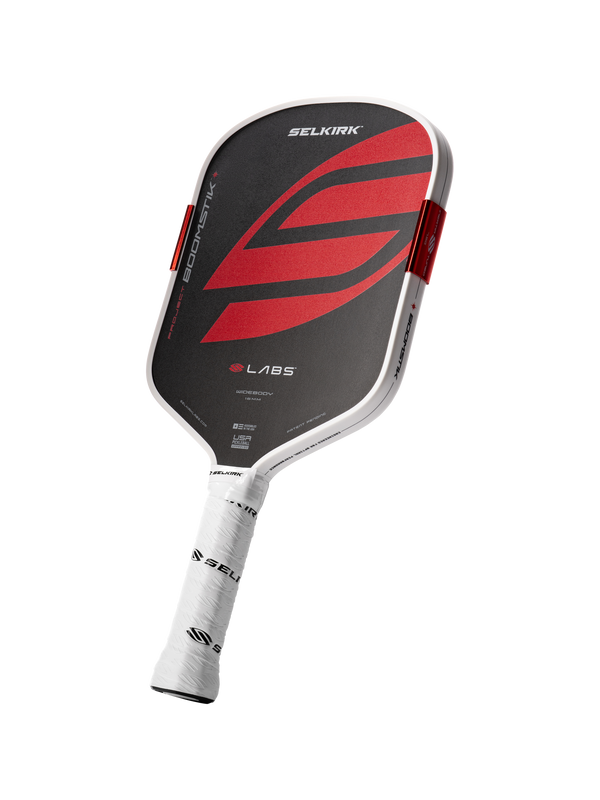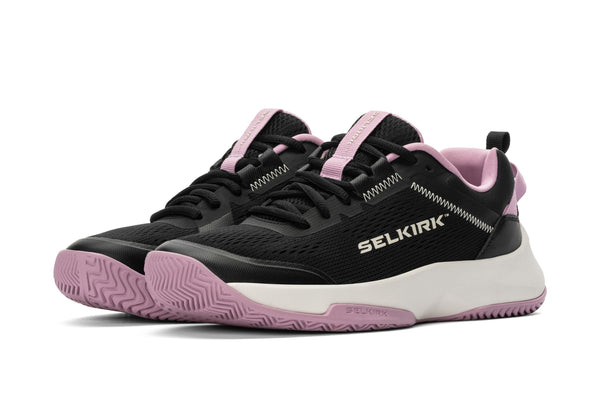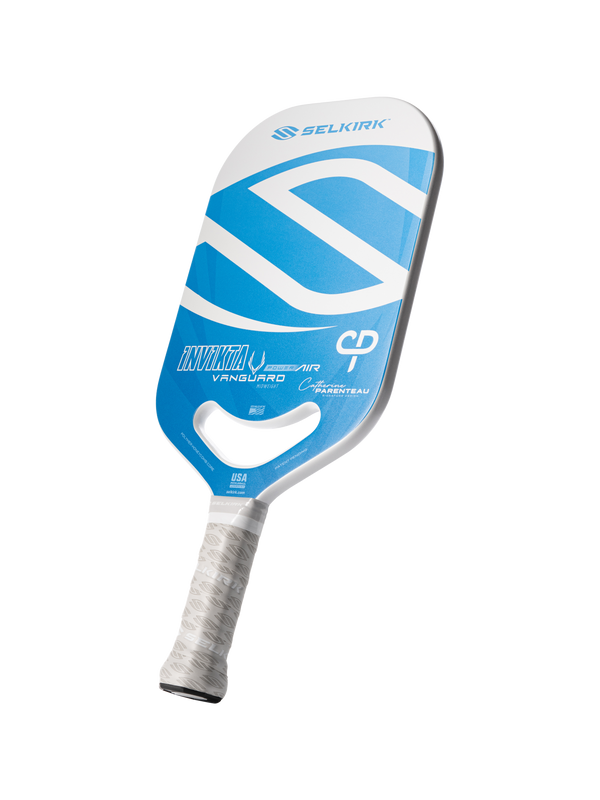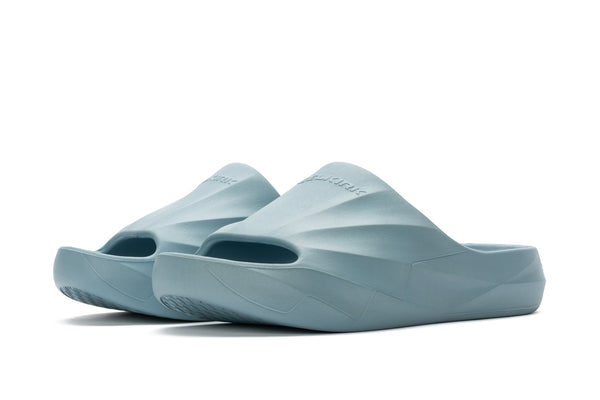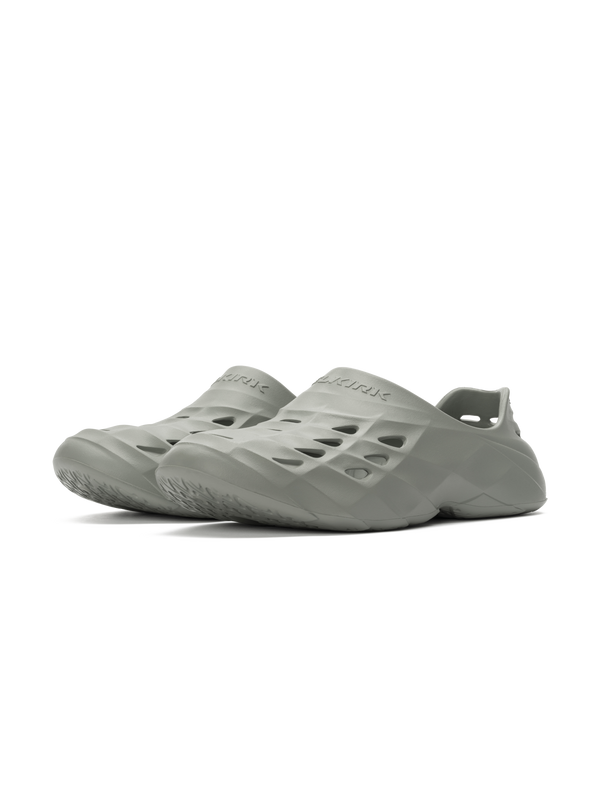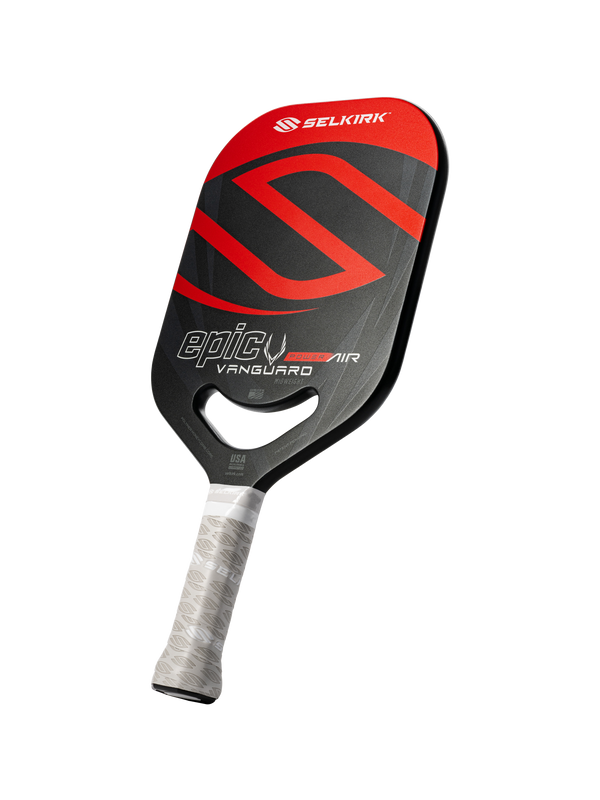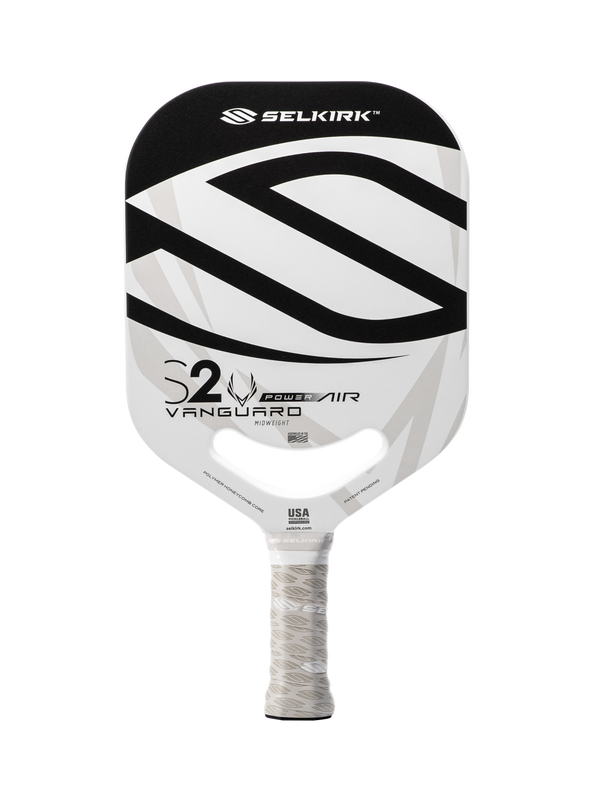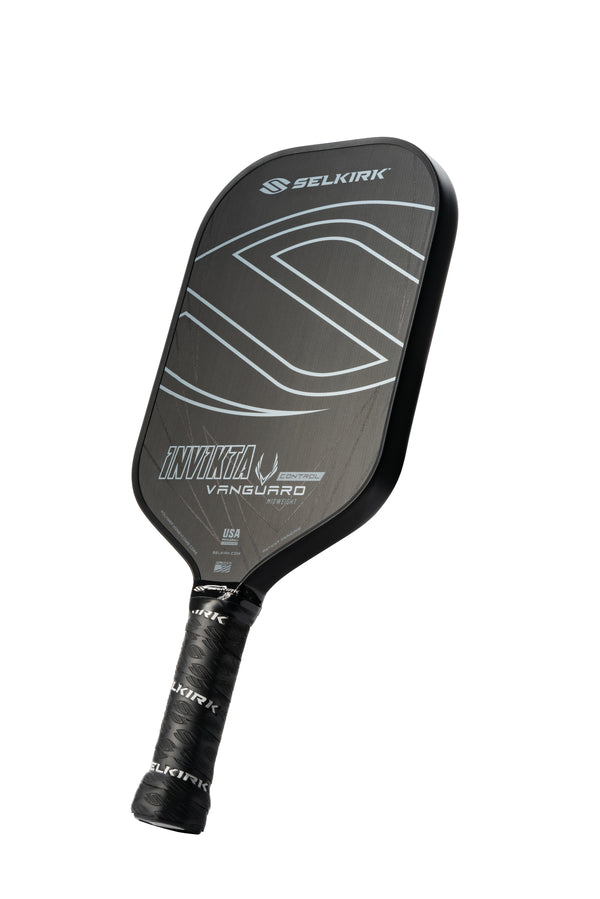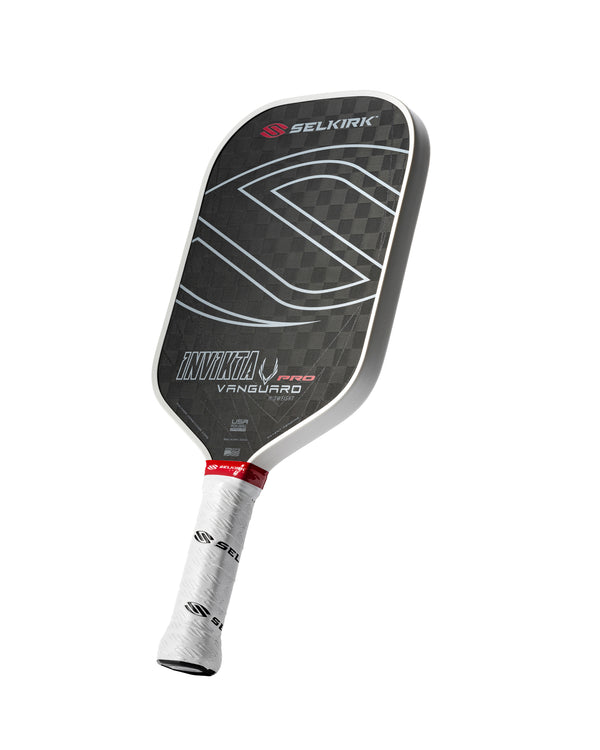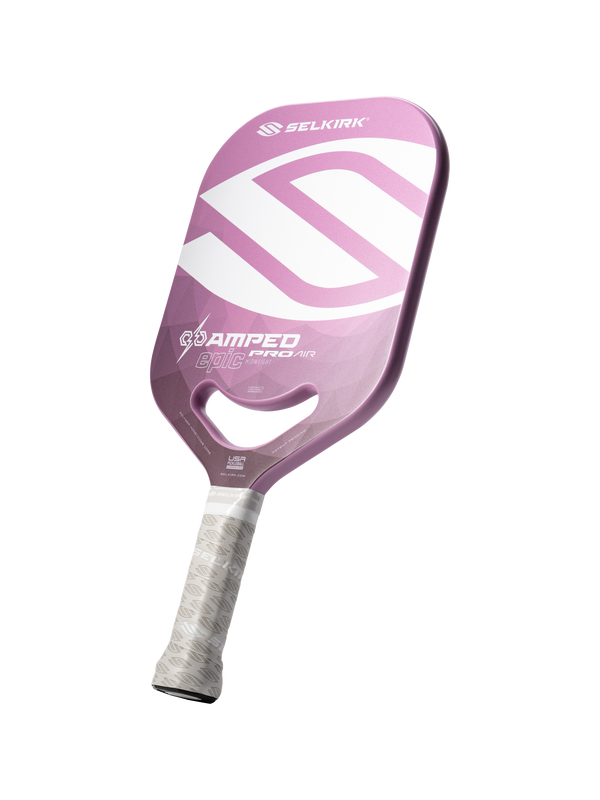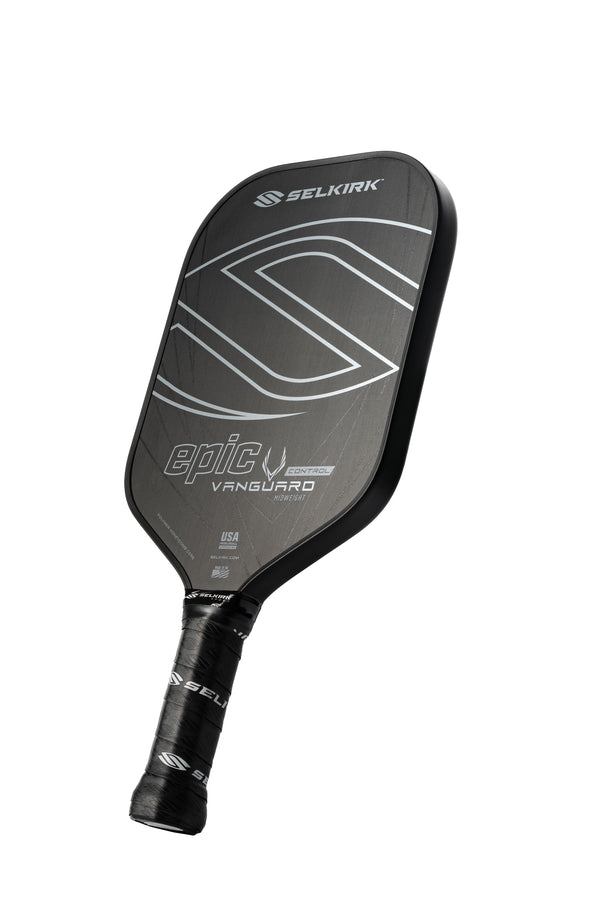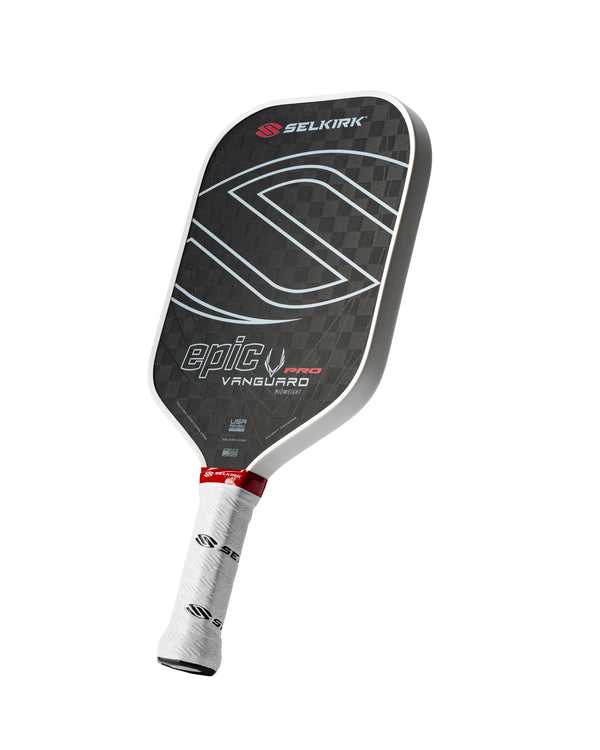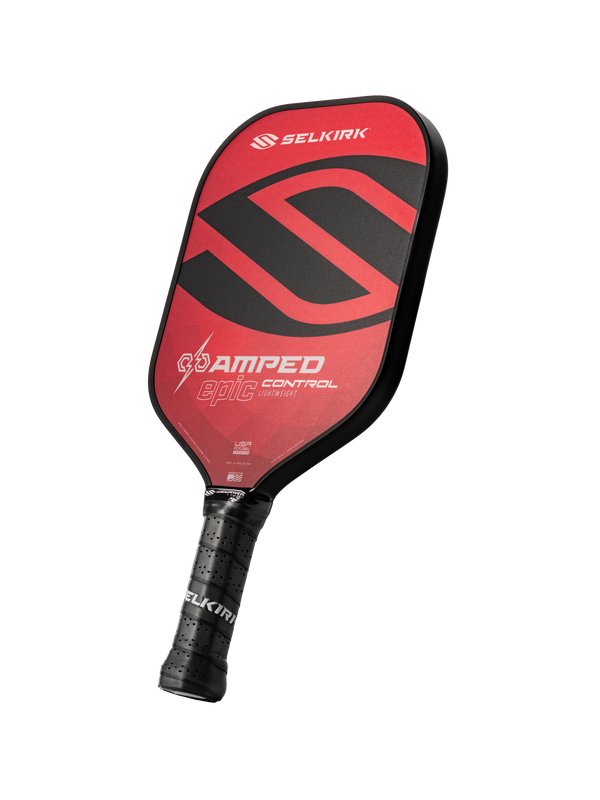When Marty Williams first set foot in India in 1999, it wasn’t to grow the game of pickleball.
As a sponsor of a child through Send Hope, a nonprofit organization supporting orphanages across India, Williams traveled to see the work the organization was doing.
At the time, Williams was a commercial helicopter pilot, but the first visit changed the trajectory of his life.
“It was just really life-changing for me,” Williams said. “I thought, this is something worth dedicating my life to.”
Upon his return to the U.S., Williams completed six more years of school to become a nurse practitioner, working in pediatrics. Nearly 14 years later, Williams returned to India, this time on a medical trip, and he’s returned nearly every year since.
Today, Williams serves on the board of Send Hope, which supports 14 orphanages in at least seven Indian states, providing education, medical care, and stable housing to hundreds of children, many of whom are HIV positive.
A mission of compassion
Send Hope’s work is rooted in child sponsorship, similar to models used by Compassion International or World Vision. But the scope of the organization has expanded dramatically over the years. In addition to education and housing, the nonprofit also provides medical care to the children, leprosy outreach programs, and feeding initiatives for widows and orphans living with HIV.
In a country where HIV is often stigmatized, individuals living with HIV often face workplace discrimination, denial of healthcare, and social ostracism. The Government of India estimates that about 2.4 million residents are living with HIV, and about 83% are 15-49 years old.
Williams said that through Send Hope, compassionate care is provided to a vulnerable, underserved population.
“Our kids are on excellent antiretroviral therapy and are now living into adulthood, getting married, and having children,” Williams said. “It’s been a really beautiful thing to be part of.”
Pickleball enters the picture
Although medical missions and child sponsorship are at the core of Send Hope’s mission, Williams’ most recent trip to India took an unexpected turn onto the pickleball court.
“I’m not a pickleball expert,” Williams admitted with a laugh. “But we’d built multi-use courts at a few of our orphanages that could be used for both volleyball and pickleball. The kids love volleyball, and we thought this could be another fun option for them.”

Though the sport was new to many of the kids — and Williams, who first picked up a paddle in India — the excitement was immediate.
“There’s a real passion for sport in India — cricket, volleyball, you name it,” Williams said. “Introducing something new like pickleball was just a joy. The kids lit up.”
For children living with chronic illness, the physical activity brought more than just fun; it opened an avenue for the betterment of their well-being.
“Half of our kids have HIV, so keeping them active is really important,” Williams explained. “There’s so much we know about the benefits of exercise — endorphins, energy, social bonding. And you could see it all happening on the court.”
A lasting impact
Now on his ninth trip to India, Williams reflects on the ripple effects of sustained engagement.
“It’s overwhelming when you first go — the need is just so massive,” he said. “But change happens one life at a time.”
Many of the children Williams first met in the 1990s are now adults working as nurses, engineers, and educators. Some have returned to work for Send Hope, while others support the organization from afar.
“What keeps me going back is the people,” Williams said. “The staff, the kids, the joy. It’s contagious.”
As for pickleball? It’s not going anywhere.
“It’s definitely going to be part of our lives,” Williams said. “My son was a nationally-ranked tennis player, and he’s already dominating pickleball courts back home. It’s a sport that bridges generations — and continents, too.”
To learn more about Send Hope or to donate, visit SendHopeNow.org.


